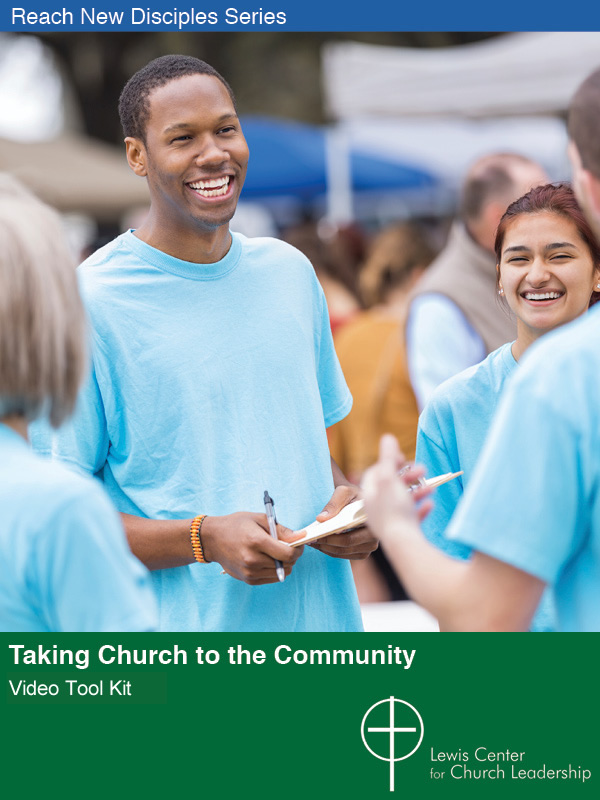Chuck Lawless says it is hard to be a multigenerational church, but it is worth the effort. He outlines some of the benefits of multigenerational ministry as well as the obstacles that prevent many congregations from embodying this ideal.
This article was originally published on July 5, 2022.
Many churches consist of one primary generation, and that’s not the healthiest church. At the same time, though, growing an intentionally multigenerational church is not easy. What are the reasons to be a multigenerational congregation? And why is it hard to get there?
Why we need to do it
1. Older adults, who should be teaching the younger generation, need opportunities.
Paul was clear that older believers are to invest in younger believers (2 Tim 2:2, Titus 2:1-8), thus strengthening the church for the future. That’s difficult to do if the entire church is older adults.
2. Your community is most likely multigenerational.
Few communities consist of only one generation. If you want your church to reach your community, you’re more likely to do that if your church reflects your community.
3. Generations need to learn from each other.
We have much to teach each other, from the older folks teaching lessons about long marriages to the younger folks helping the rest of us think about a rapidly changing culture. New Testament mentoring requires older and younger believers.
4. Some members need Christian “parents” and “grandparents.”
I’m thinking of those younger members who don’t have a Christian heritage, or whose families live far away. They need “close-by” folks to help fill these roles as they strive to follow Jesus.
5. A strong church learns from the past while preparing for the future.
A church with only a young generation sometimes pushes unwisely in wrong directions. A church with only older folks, on the other hand, will ultimately die. Strong churches connect both generations (and check out this post for ways to do that).
Why it’s hard to do
1. Generational differences are honest and real.
The differences in worship style, for example, aren’t superficial. They’re real, and generations hold them deeply. Making any change, even for the sake of others, isn’t easy.
2. Congregations gravitate toward people most like them.
That’s just natural. We tend to hang out with, and reach out to, people who are at the same stage of life as we are. Moving beyond our own generation requires work.
3. Intentionality requires action that can make everybody uncomfortable.
Becoming multigenerational sometimes means we joyfully worship through music we don’t like, listen to stories that seem irrelevant, and welcome input from people who just don’t seem to “get it.” Everybody chooses to give up a little to gain much.
4. Many older believers want their church to be multigenerational but without changing anything.
Seldom does the process work that way, though. It’s genuinely hard for some older believers to accept changes needed to reach the next generations, even when they try. This is especially hard when the older folks have themselves never been truly discipled.
5. Some younger leaders want their church to be multigenerational, but they also want to be in charge.
That is, they want older folks to contribute to their church but not necessarily to suggest any changes. They appreciate the dollars of the older generation, but they don’t readily welcome their input.
It’s hard, but worth the effort.
This article originally appeared on ChuckLawless.com and is reposted here by permission.
Related Resources
- The Benefits of Intergenerational Christian Formation featuring Holly Allen — Leading Ideas Talks podcast video | Podcast audio version | In-depth interview
- Close Generation Gaps, Deepen Relationships by Laura Buchanan
- The Challenges and Opportunities of Intergenerational Leadership by Melissa Cooper
- Intergenerational Ministry for the Post-pandemic Church by Doug Powe
- 6 Suggestions to Promote Healthy Intergenerational Worship by David W. Manner
- Why Intergenerational Ministry? by Liz Perraud
- Intergenerational Ministry and the Small Church by Brandon J. O’Brien







